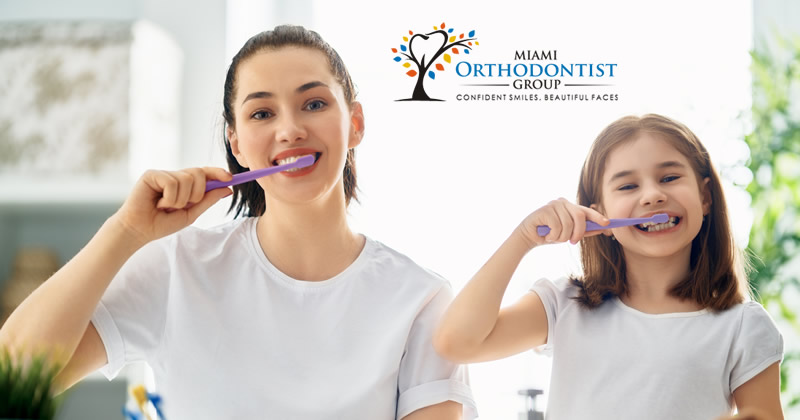Brushing teeth is one of the most emphasized oral hygiene practices when it comes to maintaining good dental health. It seems like a straightforward activity and most people will not think too much about it. However, are there any best practices when it comes to the process of brushing teeth? In as much as it is a good thing, it can bring more harm than good if not done in the right way. Here, we get to see the consequences of brushing your teeth immediately after meals and the best way to go about the same.
The Importance of Brushing Your Teeth
Professional dental cleanings are important for keeping your teeth and gums free of dirt and bacteria that could lead to dental infections. However, proper dental hygiene such as brushing and flossing should not miss in your daily routine. At least, brushing of the teeth should be done twice a day, and flossing to be done once a day. Doing this will be beneficial in the following ways:
Keep Your Mouth Clean and Fresh
After eating, food particles may get trapped or deposited on your teeth and gums. Failure to clean them off will lead to a dirty mouth. This may not only affect the appearance of your teeth, but it may also cause you to have bad breath. This will be of deterrence to people wanting to interact with you. Brushing and flossing your teeth to remove this dirt will keep your mouth fresh and clean.
Prevent Tooth Decay
Food particles left to accumulate in yourmouth can be harmful to your teeth. Some foods such as carbohydrates and sugars introduce bacteria into the mouth that leads to the production of decay-causing acids. These will eat into the teeth enamel causing cavities. Plaque, which may turn into tartar can also lead to gum diseases. Brushing your teeth daily will prevent this build-up and tooth decay.
Strengthen Your Teeth
Brushing can also help to strengthen your teeth enamel. The stronger they are, the less likely your teeth are to succumb to tooth decay. This is however if you use fluoridated toothpaste. The fluoride found in this helps to strengthen the enamel making the teeth more resistant to decay-causing acids.
Brushing Your Teeth Immediately After Meals
Having considered the above, it is evident that brushing is very important for the health and well-being of your teeth. How you go about it, however, affects the impact it will have on your teeth. Brushing right after eating can bring about more bad effects than the expected positive ones. This is especially if you are eating acidic foods such as lemons, oranges, bread, coffee, or alcoholic drinks among others.
The acid found in these kinds of foods will cause the enamel to soften for a while. Hence, brushing soon after eating will cause damage to the enamel by eroding it further and pushing the acids deeper into the teeth.
The Best Way to Go About it?
Give it Time
Instead of brushing your teeth immediately, you should wait for at least 30 minutes before doing so. This will give the mouth enough time to bring the acidic levels back down to suitable levels. Hence, the enamel will have gone back to its stronger state and you can then brush your teeth safely.
Use Water
Drinking a glass of water or swishing after taking acidic foods will help to wash away the acids brought about by these foods as you wait to brush. Water can also help in cases where you are not able to wait. Just brush before taking the meal and rinse with water afterward.
Neutralizing Foods
Neutralizing foods that are rich in phosphorous and calcium such as cheese and milk will help to counter the effects of the acids produced after acidic meals which then helps with the neutralization process. Baking soda solution, an acid neutralizer, will also help to get rid of the acids.
Sugarless Gums
Saliva aids in the process of bringing down the high PH levels caused by acidic foods. Chewing sugarless gum will accelerate the production of saliva, fastening the neutralization process.
Brushing your teeth immediately after meals may seem like the best option for getting rid of food debris as soon as possible. However, this is seen to have negative effects on your teeth enamel. You should therefore give your teeth some time before going ahead to brush them.


